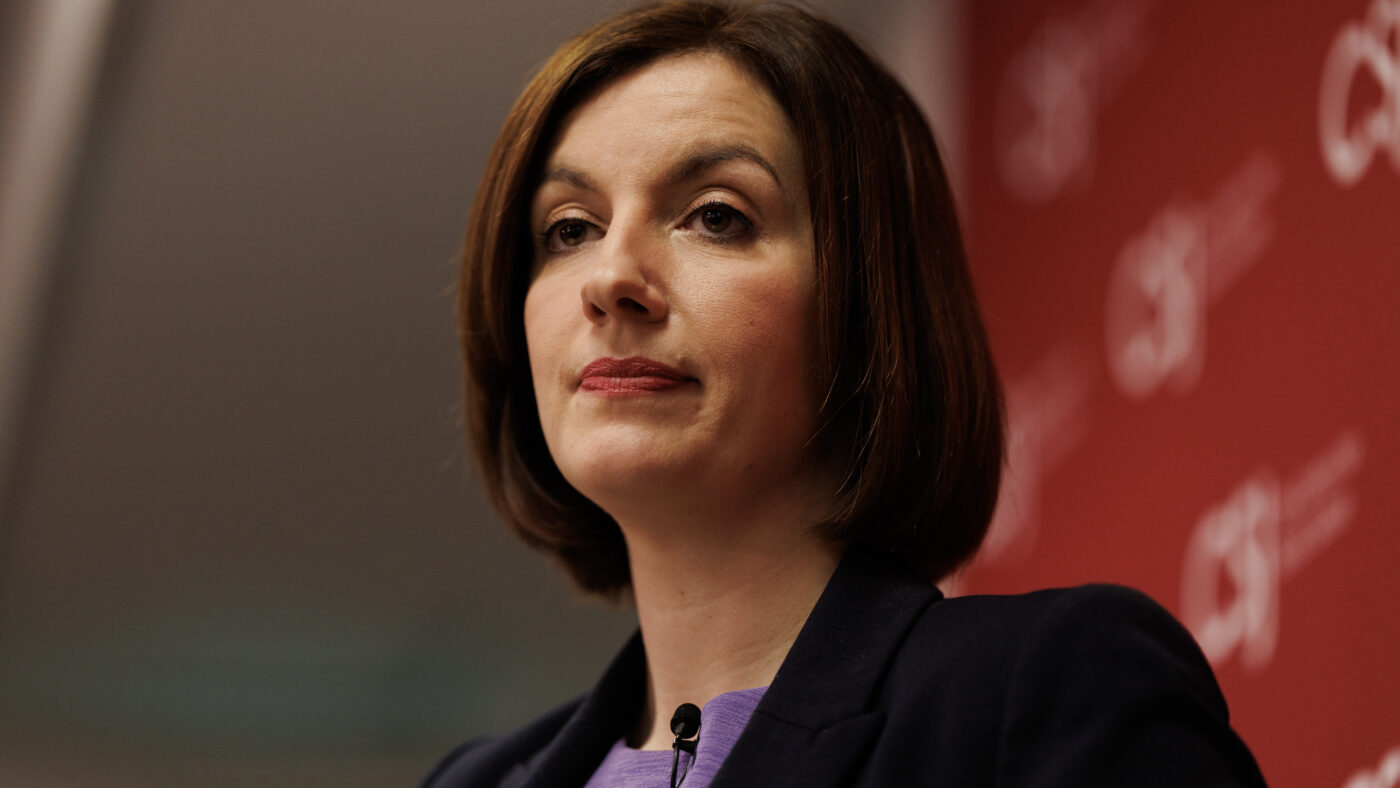For many free marketeers, VAT is a contentious issue. Purists argue that it should be applied to all items in order for the base to be widened and tax lowered. But the more realistic school recognises that politicians will raise taxes on anything they can touch. Education, including commercial language tuition, tutoring and universities, is not in that category. At least, not currently.
But proposals to apply VAT to independent school fees have long been advocated both by VAT purists and by those on the left who believe that it’s fair to do so because it will help fund state schools. The most recent example is, of course, the Labour Party. Those of us who want to see independent school fees remain VAT exempt, as with other forms of education, are concerned about a whole host of side-order effects that this policy could have.
But these potential consequences are not receiving enough attention. Partly in order to make this point, we at the Adam Smith Institute have modelled what could happen if they came to pass. When we looked at a combination of the possible fiscal impacts, including school closures, changes to the labour force and cost-cutting measures by schools, we found that applying VAT on school fees may not end up raising any money at all. In a less optimistic scenario, it could even end up costing money.
Let’s be clear, anyone who says they know exactly what will happen if VAT is levied on fees is effectively claiming that they are omniscient. We do not know precisely what the impacts will be, or where they will fall, or how much money will be raised or lost – but neither, it’s important to point out, does the Institute for Fiscal Studies. Their conclusion that only 3-7% of students will migrate from the private to the state sector and that the policy will raise £1.3-£1.5bn is based on evidence they themselves acknowledged was ‘old’, ‘sparse’ and ‘thin’, including an early 2000s study on Catholic schools in the US. They didn’t note that what happens when prices only increase by a small amount is not a good indication of the impact of a 15% fee hike, nor did they account for the fact that, just like state school parents, those who send their children to independent schools will also be feeling the effects of higher house prices, mortgage prices, inflation and fiscal drag.
The only real example we do have is Greece, in an episode the The Economist labelled as ‘general mayhem’, where smaller, more affordable schools closed, students were crammed into overwhelmed state schools, and a bizarre scenario occurred where independent school teachers lost their jobs whilst the state sector suffered even greater shortages.
Funnily enough, these are all things we’ve warned about in our report. Tax raids are unlikely to affect the famous schools that many love to hate – Eton, Harrow and the like – who can simply absorb the cost, but our smaller, local independent schools just don’t have the same leeway. Considering that 71% of fees is spent on paying teachers and support staff, it’s hard to see how we can expect smaller schools to not pass on costs to parents without making headcount reductions or cutting pay. This is a particular concern in rural areas where a school may be the dominant employer.
And that’s before we get to what will actually happen to state schools. We have absolutely no way of knowing where in the country the greatest number of children will migrate to the state sector – nor is anybody realistically that confident that councils are prepared to deal with such unpredictability.
No one is arguing that we shouldn’t be trying to improve state schools. But levying a tax which offers highly uncertain net revenue potential and poses risks to the economy, society and, most importantly of all, children, is hardly the best way to go about it.
Click here to subscribe to our daily briefing – the best pieces from CapX and across the web.
CapX depends on the generosity of its readers. If you value what we do, please consider making a donation.


